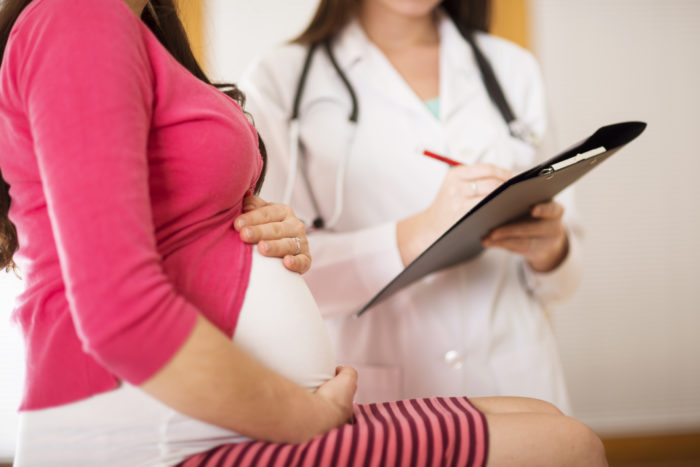Why do pregnant women die in childbirth more often in the United States than in other developed countries? The answer is complex.

For some women, it’s a matter of access to care, or missed or delayed diagnoses. Women of color and those living in rural communities are disproportionately affected by maternal mortality, highlighting the need to improve the equity of health care during and after pregnancy.
Policy Efforts
Maternal health is receiving new attention among policymakers, who are calling for investments in programs to support safe pregnancies and reduce post-birth complications.
During the first-ever White House Maternal Health Day of Action held in late 2021, the Biden-Harris Administration issued a nationwide call to action. The administration challenged the private and public sectors to get serious about improving the nation’s maternal health outcomes through initiatives at the state and federal levels.
Among the programs highlighted are those that will help improve maternity and postpartum care and increase health insurance coverage in the months following birth.
Improving Hospital Outcomes
The Department of Health and Human Services and Centers for Medicare & Medicaid Services announced they will partner to establish a new “Birthing-Friendly” designation for hospitals.
Hospitals must provide perinatal care, participate in a maternity care quality improvement collaborative and have implemented recommended patient safety practices to earn the distinction. Taken together, these criteria signify the facility is committed to improving maternal health outcomes.
The designation will also appear on the national “Care Compare” website so patients can select hospitals with best practices.
Extending Postpartum Coverage
A provision in the COVID-19 rescue package, passed last March, gave states the option to extend Medicaid coverage to 12 months after birth, a significant extension of the current 60-day minimum. Federal officials used the Maternal Health Day of Action as an opportunity to re-emphasize their recommendation that all states expand coverage in this way.
Providing 12 months of Medicaid eligibility after birth will help mothers get vital postpartum services. It will also give them prolonged access to care for the management of chronic conditions like hypertension and diabetes, and access to behavioral health services.
As of early January, 26 states had taken some sort of action to expand coverage. An additional 720,000 women nationwide could gain coverage if all states were to extend postpartum Medicaid eligibility to 12 months, according to a new report.
Every pregnancy-related death is tragic, especially because about 3 in 5 deaths could be prevented. The Biden-Harris Administration’s call to action and initiatives to improve health outcomes for pregnant women couldn’t have come at a better time.

